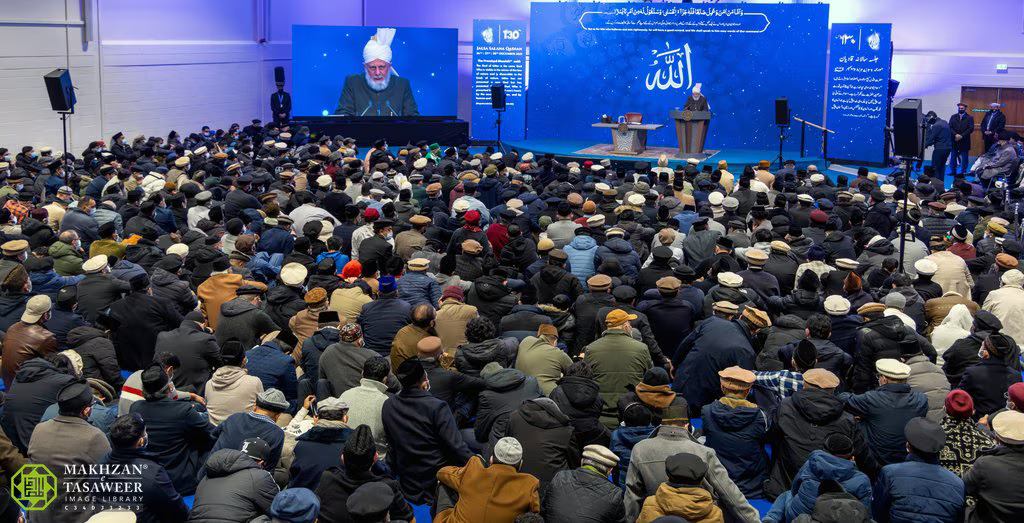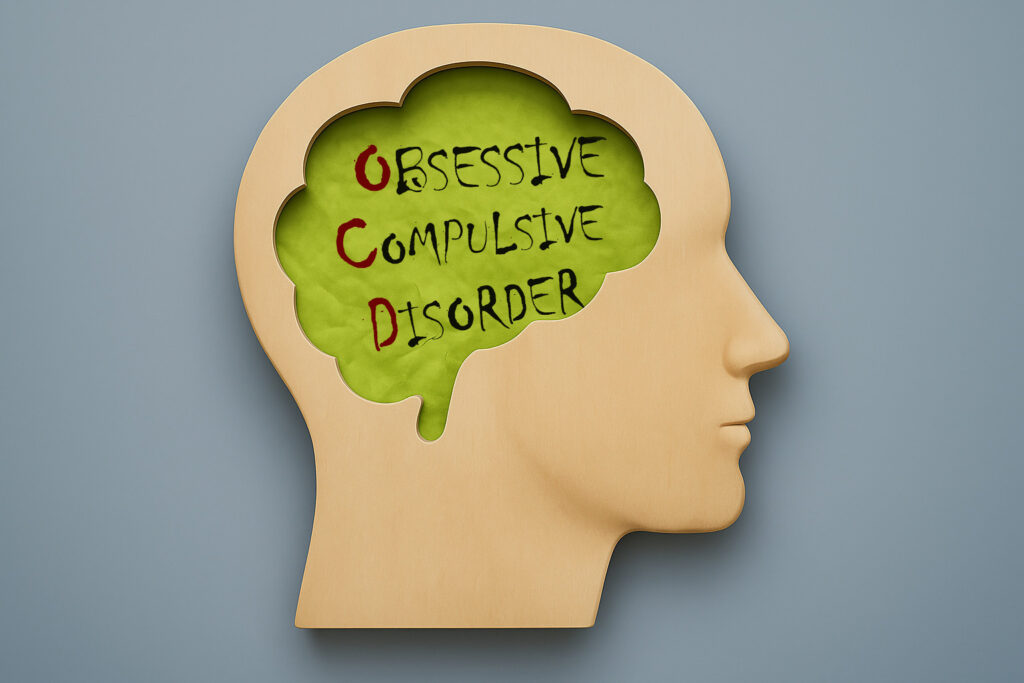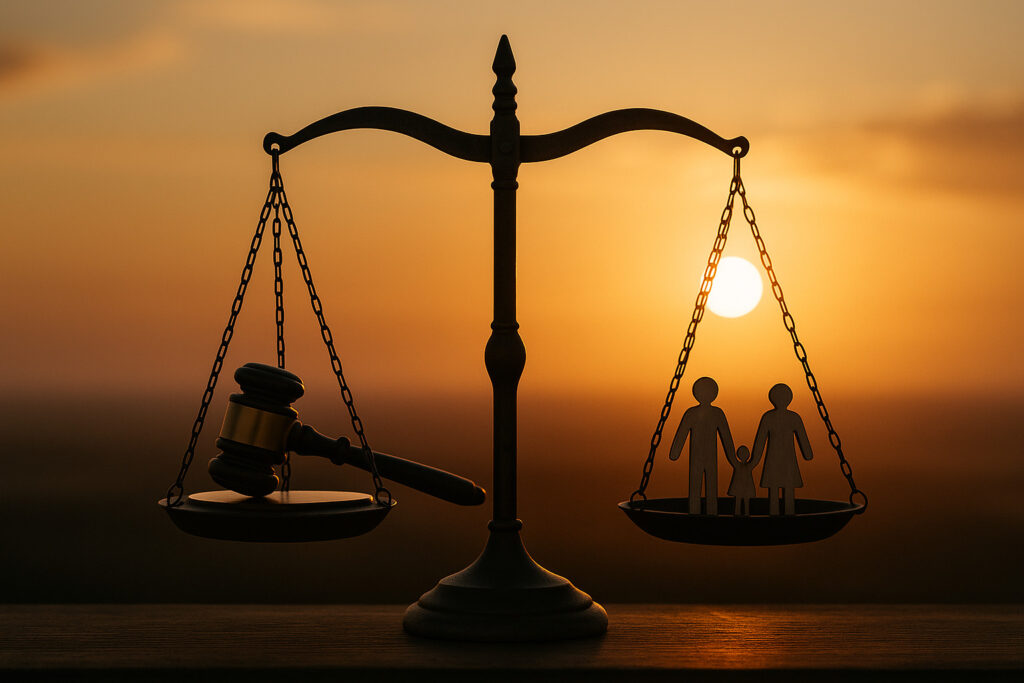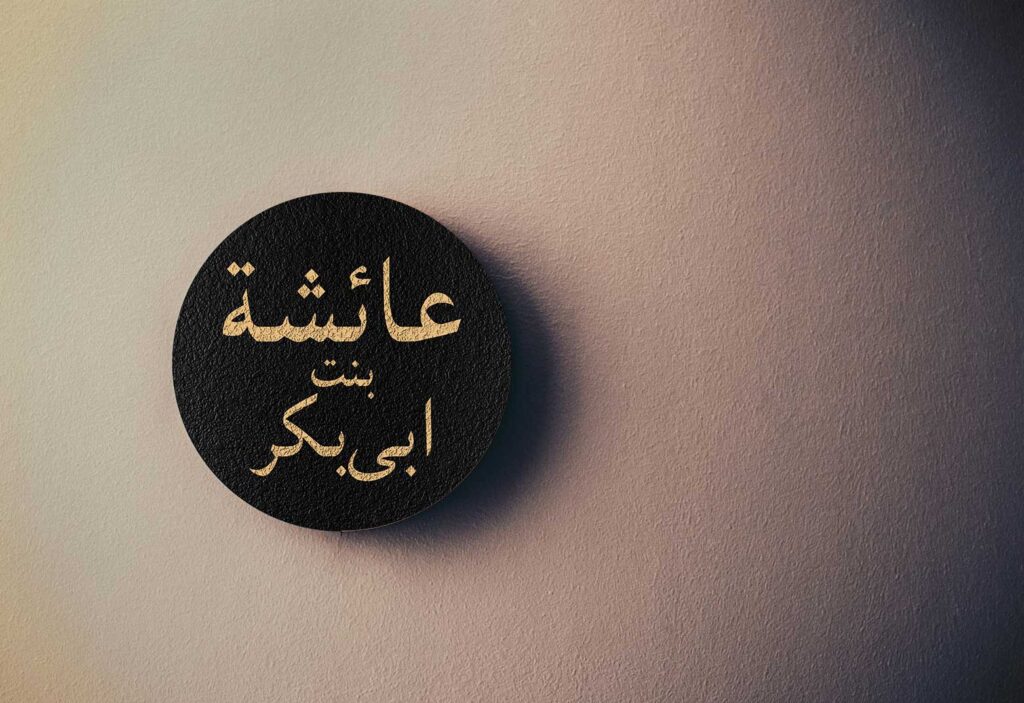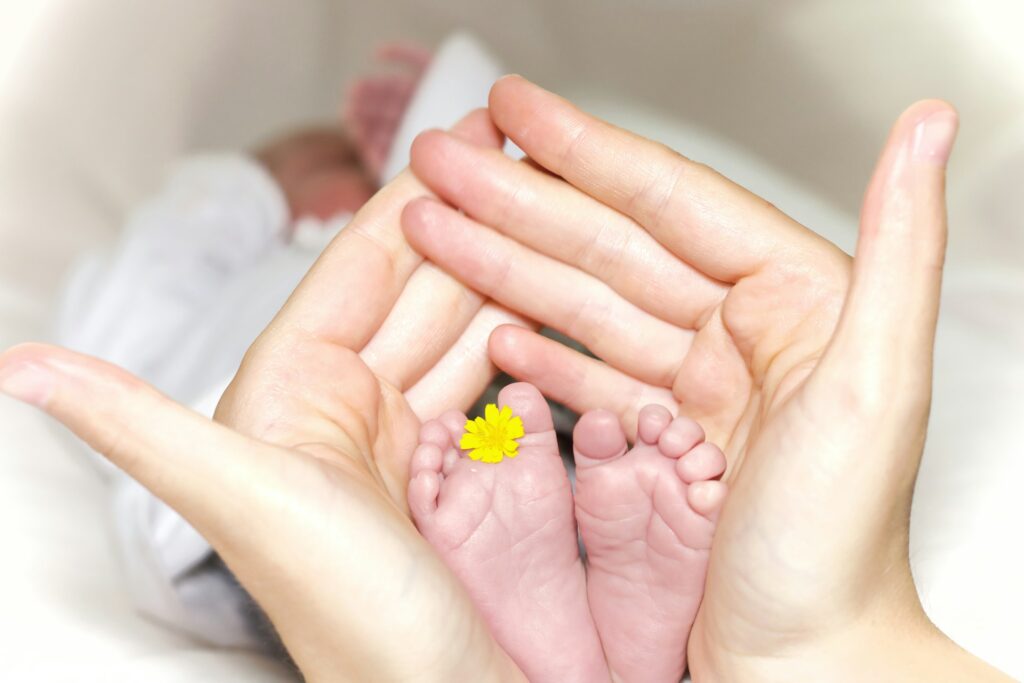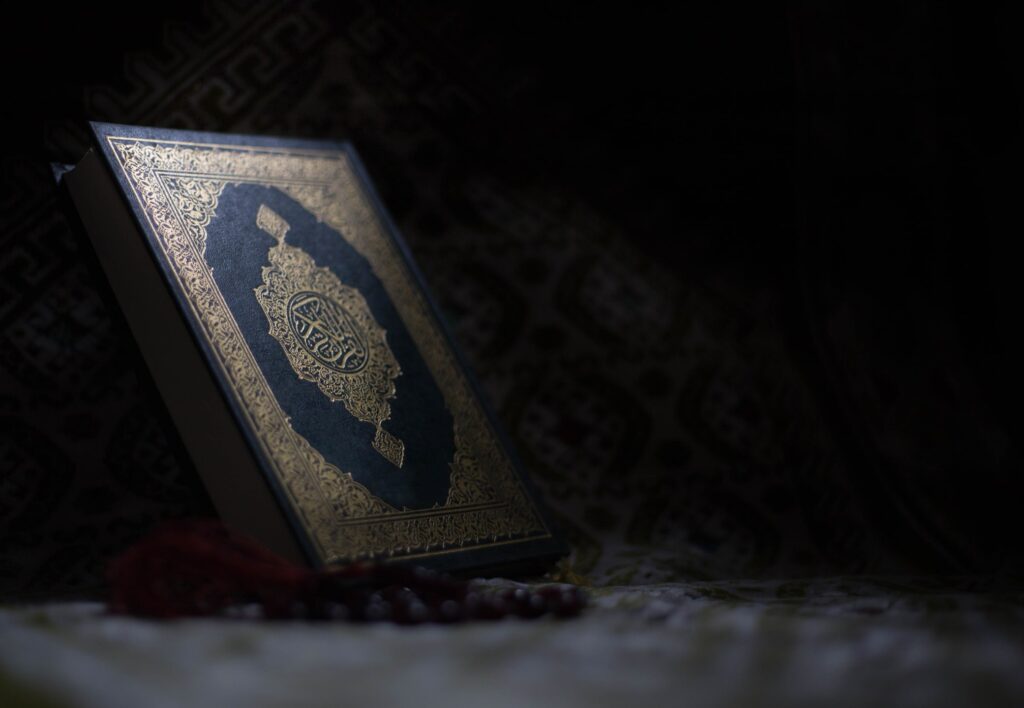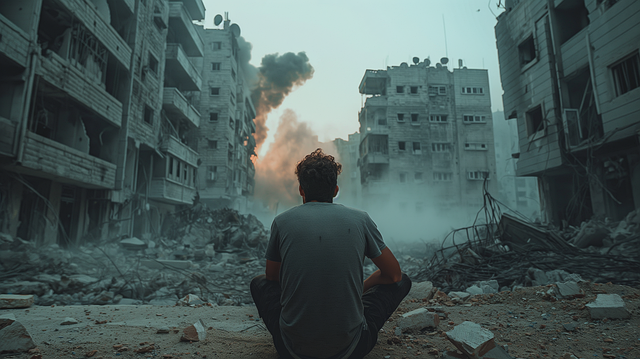ARTICLES
As the new year begins, the Ahmadiyya Caliph appeals for prayers for the progress of the Community, the release of imprisoned Ahmadis, the deliverance of oppressed people worldwide, and the establishment of peace across the globe.
Across history, there have been many attempts to end slavery. Yet, all too often, emancipation came at the cost of human lives or remained confined to paper, lacking a holistic approach and thus falling short of securing true human dignity.
The Ahmadiyya Khalifa addresses the Annual Convention in Qadian, outlining the need to practically fulfil the conditions of the pledge of allegiance to the Promised Messiah(as).
Does the Quran truly foretell universal truths? Or does it merely echo scientific discoveries? Recent advances in cosmology show that the Quran describes many phenomena centuries ahead of its time, guiding the odyssey of human knowledge.
From keys to phones to wealth and fame, human beings always tend to search for things in the wrong places—peace being no exception. Often, one simply forgets that true contentment can come only from the One who created it.
In a world where modern efforts often fail to resolve conflicts, the Treaty of Hudaybiya, concluded fourteen centuries ago, offers timeless lessons in diplomacy, patience, and principled leadership.
Success comes from steadiness—through daily effort, heartfelt prayer, and leaving the rest to Allah, trusting His wisdom in every step.
While a declined handshake is often viewed as a breach of etiquette, differing religious and cultural boundaries highlight how complex the interaction between faith, personal choices, and social norms can be.
History remembers those who recognise truth before the world does. This is the story of two hearts—separated in time—whose acceptance of truth became eternal symbols of faith and certainty.
Real progress comes through balance—limiting screen-time, focusing on learning, and safeguarding one’s moral and intellectual growth.
Today marks 80 years since the atomic bombings of Hiroshima and Nagasaki, and the world seems to be standing on the brink of another global conflict. Has time erased our memories?
Obsessive-Compulsive Disorder (OCD) is a complex but treatable mental health condition marked by intrusive thoughts and repetitive behaviours. Early recognition and timely intervention are key to managing symptoms and improving quality of life.
Terrorism thrives where justice and public welfare are neglected. The Ahmadiyya Caliph urges leaders to serve the people and build economic stability to prevent extremist influence and preserve national peace.
In an era where women’s voices were often silenced, Hazrat Aishara spoke with wisdom and authority, exemplifying the rights women held in Islam from its outset.
Rather than being a mythical figure of the future, the Prophetic warnings show that Dajjal is an ever-present system of deception disguised as modernity, progress, and freedom.
Surrogacy challenges the Islamic concept of motherhood and lineage. The Ahmadiyya Caliph outlines why the practice is unlawful in Islam and emphasises preserving the sanctity of the family structure.
Adamas introduced a system and laid the foundations of a kingdom that ushered in the era of social progress of man.
In a world shadowed by conflict, division, and uncertainty, the Ahmadiyya Muslim Community, under the leadership of its Khalifa, provides a clear and urgent roadmap to peace.
Amidst worsening global circumstances, the Ahmadiyya Khalifa urges prayers and calls upon Muslim nations to unite.
Do you struggle to stick to your resolutions? Often, it’s the small, consistent steps, not radical change, that lead to lasting transformation—a principle deeply embedded in Islam and reflected in its daily practices.



